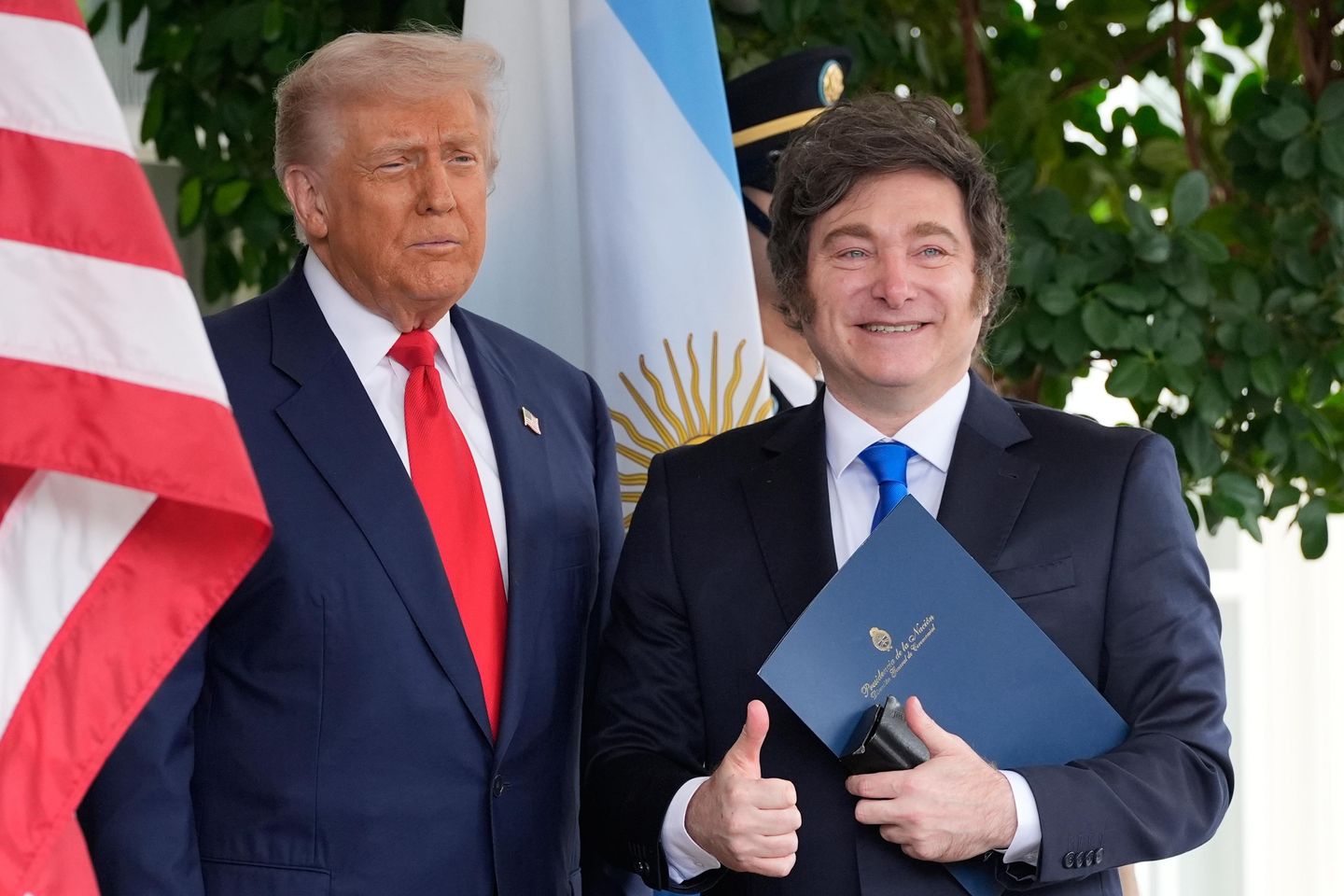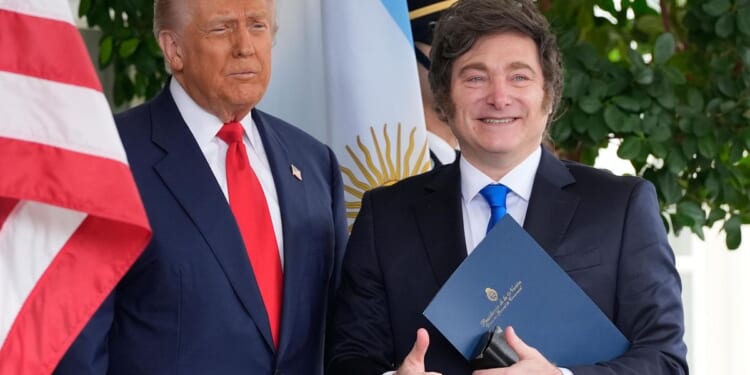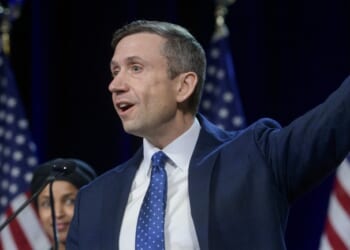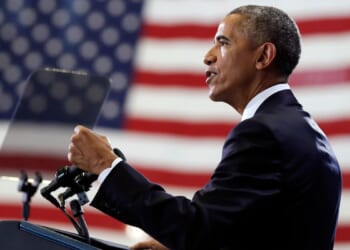
President Trump met Argentine President Javier Milei at the White House on Tuesday and talked up the recent U.S. moves to prop up the Latin American country’s economy by directly purchasing its currency.
Mr. Trump said rescuing Argentina from a financial crisis with a $20 billion currency swap last week helped a neighbor and backed the country’s new economic team after “20 years of disaster.”
He said Argentina was “very successful at one point, and it can be again,” Mr. Trump said. “We’re making tremendous progress in South America.”
Mr. Milei, speaking in Spanish, said he was “very honored, especially in this moment when we are giving thanks for Trump’s great leadership.”
Mr. Trump also said continued U.S. support for Argentina is contingent on Mr. Milei winning reelection later this month. If he loses, Mr. Trump said, “We are not going to be generous with Argentina.”
The Argentine presidency said ahead of the meeting that it would “mark a new stage in strengthening the strategic alliance between the two nations, based on shared values and a shared commitment to life, liberty and private property.”
Mr. Milei, a libertarian, saw his party suffer a blow after the results of a Buenos Aires-area election. The disappointing result tanked the country’s peso and cast doubt on his free-market reforms.
Mr. Trump said the U.S. would help Argentina and endorsed Mr. Milei while the two were at the U.N. General Assembly last month. Mr. Milei has been an outspoken supporter of Mr. Trump.
In a Truth Social post at the time, Mr. Trump wrote that Mr. Milei inherited a “total mess” of an economy, but still “brought stability back to Argentina’s Economy, and lifted it to a new level of Prominence and Respect.”
Treasury Secretary Scott Bessent said last week that the U.S. concluded four days of meetings with Argentina’s economics minister and decided to directly purchase Argentine pesos.
“Additionally, we have finalized a $20 billion currency swap framework with Argentina’s central bank,” Mr. Bessent wrote on X. “The U.S. Treasury is prepared, immediately, to take whatever exceptional measures are warranted to provide stability to markets.”
Mr. Bessent has insisted that this move is not a bailout, since there were no direct money transfers to Argentina, but U.S. farmers and lawmakers have criticized the decision, saying it doesn’t align with Mr. Trump’s America First ideology.
Farmers, especially soybean farmers, view Argentina as a competitor and say the bailout helps Argentine farmers. Mr. Trump said Tuesday that he thought China was driving a wedge between the U.S. and Argentina with purchases of soybeans.
However, the president said Argentina shouldn’t be doing any business, especially militarily, with China, besides “some trade.”
The currency swap encountered strong political opposition in the U.S.
“The frustration is overwhelming,” American Soybean Association President Caleb Ragland posted on X last month. “U.S. soybean prices are falling, harvest is underway, and farmers read headlines not about securing a trade agreement with China, but that the U.S. is extending $20 billion in economic support to Argentina while that country drops its soybean export taxes to sell 20 shiploads of Argentine soybeans to China in just two days.”
Sen. Charles E. Grassley, Iowa Republican, also questioned the U.S. economic support for Argentina.
“Why would USA help bail out Argentina while they take American soybean producers’ biggest market???” he wrote on X last month. “We should use leverage at every turn to help hurting farm economy. Family farmers should be top of mind in negotiations by representatives of USA.”










